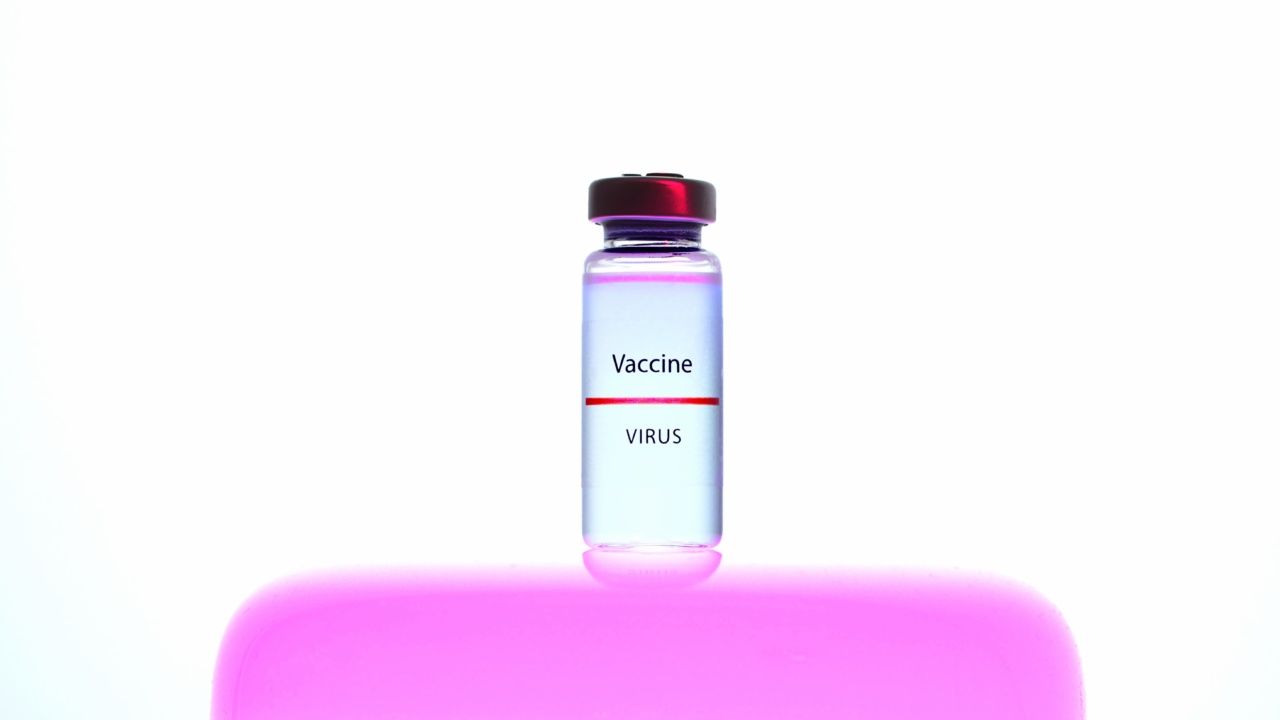HIV is a virus that attacks the immune system, making it difficult for the body to fight infections and diseases. While current treatments can manage the virus, there is still no cure.
However, a new development in HIV research could lead to more effective therapies.
What Is HIV?
HIV stands for human immunodeficiency virus, which attacks the body’s immune system, specifically the CD4 cells.
If left untreated, HIV can progress to AIDS (acquired immunodeficiency syndrome), a condition in which the immune system is severely weakened, leaving the body vulnerable to infections and diseases.
HIV is primarily transmitted through sexual contact, sharing needles or other injection equipment, and mother-to-child transmission during pregnancy, childbirth, or breastfeeding. There is currently no vaccine for HIV.
Current HIV Therapies
While there is no cure for HIV, there are several drug therapies that can manage the virus and help people with HIV live long, healthy lives. The most common HIV treatment is known as antiretroviral therapy (ART).
ART is a combination of drugs that work together to lower the amount of HIV in the body (known as the viral load) and slow down the progression of the virus. By reducing the viral load, ART can also reduce the risk of transmitting HIV to others.
However, ART is not without its drawbacks. The drugs can cause side effects, and some people may develop resistance to certain drugs over time, requiring a change in therapy.
Additionally, ART is not a cure, and people with HIV must continue taking the drugs for life.
The Promise of Antibody Therapies
Antibody therapies are a new approach to treating HIV, and they have the potential to offer several advantages over current drug therapies.
Antibodies, also known as immunoglobulins, are proteins produced by the immune system that can identify and bind to specific foreign substances, like viruses and bacteria.
Antibodies can be engineered in the lab to target specific parts of HIV, such as the viral envelope, which allows the virus to enter and infect cells.
By binding to the viral envelope, antibodies can prevent the virus from replicating and spreading throughout the body.
Antibody therapies have several potential advantages over ART. Because antibodies are highly specific, they can target HIV more precisely than ART, potentially leading to fewer side effects.
Additionally, antibodies can have a longer half-life than ART, meaning they may be effective for longer periods of time and require less frequent dosing.
The New Antibody Development
A new antibody development has shown promise in early studies and could lead to better HIV therapies. The antibody, known as 10E8v4, targets a highly conserved part of the viral envelope that is essential for HIV to infect cells.
In a study published in the journal Nature Communications, researchers tested 10E8v4 in vitro and in mice and found that the antibody was highly effective at neutralizing HIV.
The researchers also found that the antibody could block the transmission of HIV from infected cells to uninfected cells, suggesting that it could be effective at preventing HIV transmission.
The researchers are now planning to test 10E8v4 in clinical trials to determine its safety and effectiveness in humans.
If the trials are successful, the antibody could potentially be used as a standalone therapy or in combination with other HIV treatments to offer more effective and precise control of the virus.
The Potential Impact of Better HIV Therapies
The development of better HIV therapies could have a significant impact on the lives of people with HIV. While current treatments can manage the virus, they are not a cure and can cause side effects that can impact quality of life.
If antibody therapies like 10E8v4 are successful in clinical trials, they could offer a more targeted and precise approach to controlling HIV.
Antibodies could also potentially be used in vaccine development to offer long-term protection against the virus.
Additionally, better therapies could help reduce the stigma surrounding HIV. Due to the success of current therapies, HIV is now considered a chronic illness, rather than a death sentence.
However, the stigma surrounding HIV can still impact the lives of people with the virus. A more effective therapy could help reduce the fear and misunderstanding surrounding HIV, and improve the quality of life for people with the virus.
Conclusion
The development of new antibody therapies like 10E8v4 is an exciting development in HIV research. While current treatments can manage the virus, they have limitations in terms of side effects and the potential for drug resistance.
Antibody therapies offer a more targeted and precise approach to controlling HIV, with potential advantages in terms of fewer side effects and longer-lasting effects.
While further research is needed to determine the safety and effectiveness of antibody therapies like 10E8v4, the potential impact on the lives of people with HIV is significant.
Better therapies could help reduce the stigma surrounding HIV, improve quality of life, and potentially lead to a cure or vaccine for the virus.































